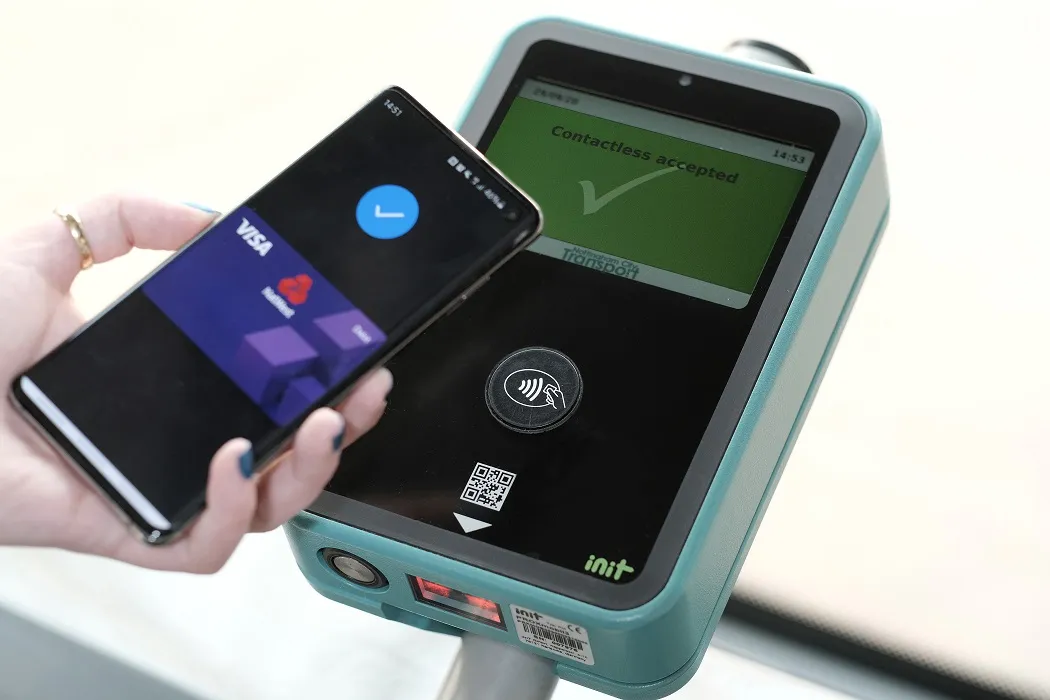
Init's Proxmobil3 units are being installed across Nottingham City Transport (NCT) buses in the UK in a move which will enable cashless payments.
Jens Mullak, managing director at Init, says the coronavirus pandemic has accelerated a shift from traditional ticketing to cashless payments.
“With advice continuing to be that people should pay by card wherever possible, the introduction of contactless payments for Nottingham couldn’t have come at a more appropriate time,” Mullak continues. “The new system will mean safer, quicker boarding and an improved fare structure for users of the service, and also help the operator make savings by reducing the need to handle cash.”
Init says the payment system will also automatically calculate the best fare for the user - taking into account all the journeys made during a day, and charging a single payment of a daily capped rate.
Nicola Tidy, marketing and communications director at NCT, says: “By simply tapping their contactless card or device on the bus each time they board, the contactless system does the hard work by adding up their journeys and charging customers based on their journeys during the day.”
According to Init, the system is being deployed following a trial that received a 96% satisfaction score from more than 600 testers.
The Nottingham Contactless system will be available once all operators are on board by early 2021.








